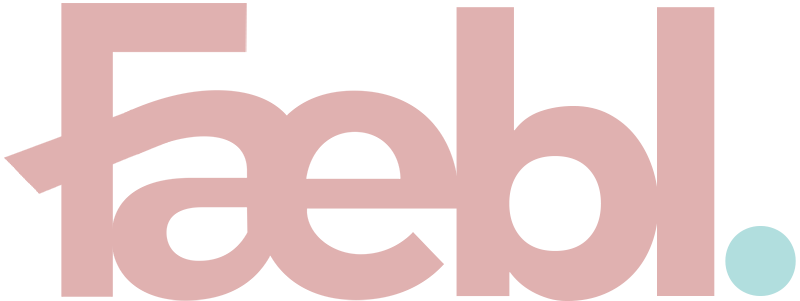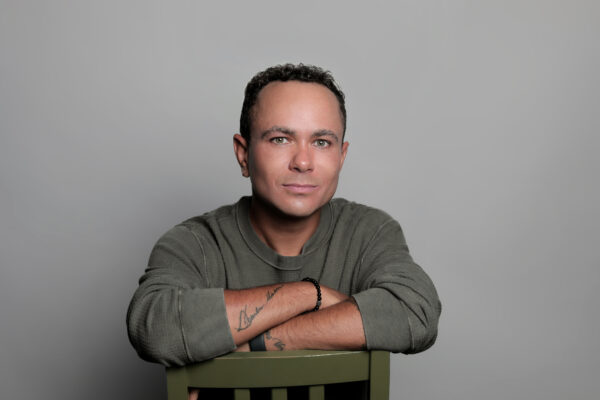A drug treatment facility is necessary for people undergoing severe substance use in their lives. That’s why you need to reach out to specific channels and ensure people going through these tough times can find you easily. That’s where SEO and PPC come in handy for addiction treatment centers, making them stand out in an online world filled with hundreds of competitors.
What Is the Difference Between PPC and SEO for Drug Rehab Centers?
PPC
PPC, or Pay-Per-Click advertising, is a model where rehab centers pay for their advertisements to appear at the top of search engine results or on social media platforms. This method allows for immediate visibility and can be highly targeted based on keywords, location, and demographics.
One advantage of PPC is that it provides quick results; rehab centers can start seeing website traffic as soon as their ads go live. However, PPC campaigns come with ongoing costs, and the moment you stop paying, your ads disappear, making it a less sustainable long-term strategy. Also, the cost per click may be high in the rehabilitation sector, potentially leading to expenses.
SEO for Drug Rehab Centers
Search Engine Optimization involves optimizing your website and content to rank higher in organic search engine results. Unlike PPC, SEO efforts aim to attract free traffic by making your website more relevant to search queries. This includes on-page drug rehab SEO strategies such as:
- Keyword Optimization
- Quality Content Creation
- Technical SEO
- Off-Page Tactics Like Backlink Building
Drug rehab SEO is a long-term investment; it can take several months to notice improvements in search engine rankings. However, the benefits are enduring, as high-ranking pages continue to attract the target demographic without ongoing payments. Additionally, users often perceive organic listings as more trustworthy, increasing the chances of engagement and conversions.
Key Differences
- Immediate vs. Long-Term Results. PPC provides immediate results but disappears when you stop paying. SEO takes time to build but offers lasting benefits.
- Cost Structure. PPC requires a constant financial investment, whereas SEO involves initial and ongoing efforts but no direct advertising costs.
- Perceived Trust. Organic results (SEO) are often more credible than paid ads (PPC).
- Scalability. SEO scales more efficiently over time, while PPC can become increasingly expensive as competition rises.
How Learning About PPC and SEO Helps You Make Better Marketing Decisions
Learning about Pay-Per-Click (PPC) advertising and Search Engine Optimization (SEO) can improve your ability to make informed and effective drug rehab marketing decisions. Both are essential components of online marketing strategies for addiction treatment centers. Still, they work fundamentally different ways to achieve visibility on search engines and drive traffic to a website.
Understanding the distinctions between PPC and SEO can give you a more comprehensive approach to digital marketing, allowing for better resource allocation, improved targeting, and optimized return on investment. Here’s a detailed exploration of how learning about these strategies can help you make better drug rehab marketing decisions:
Understanding of Different Traffic Sources
- SEO involves optimizing a website to rank naturally in search engine results through keywords, content optimization, backlinking, and website structure enhancements. It generates organic traffic without direct payment to search engines.
- PPC is a model where marketers pay a fee each time their Google ads are clicked. It’s a way to buy visits to your site rather than attempting to “earn” those visits organically. It provides immediate visibility on search engines and can be targeted very specifically.
By understanding both, marketers can:
- Decide which method (or combination) aligns with their business goals, marketing budget, and timeline.
- Balance long-term brand building with immediate leads/traffic generation.
- Optimize the overall marketing spend by evaluating the long-term benefits of organic search results versus the cost and impact of paid traffic.
Comprehension of Keyword Utilization
PPC and SEO rely on competitive keywords to trigger the visibility of your drug rehab facility’s online content to the relevant target audience. Good keyword research helps you understand what terms your potential customers use to find information, services, or products.
- SEO requires an understanding of keyword relevance, search volume, and ranking difficulty to target potential customers organically.
- PPC uses similar data but allows for immediate testing of keywords’ effectiveness in the market by quickly setting up Google ads and analyzing performance.
Learning about keyword optimization helps you customize the content and Google ads to match the search intent, potentially increasing conversion rates and effective reach.
Improved ROI Through Data-Driven Decisions
PPC and SEO provide a wealth of data that can inform broader drug rehab marketing strategies.
- PPC offers immediate data feedback on what relevant keywords, ad copy, and strategies are working, which can be used to dynamically test and optimize marketing campaigns.
- SEO analytics provide insights into organic traffic trends, user behavior on the site, and content performance over time.
Understanding and analyzing data can help marketers refine their targeting, improve their content, adjust strategies in real time, and allocate resources more efficiently, ultimately enhancing ROI.
Synergistic Integration and Holistic Strategy
Learning PPC and SEO allows your drug rehab business to create a synergistic approach. For example, insights gained from PPC keyword data can inform SEO content strategies.
- Use successful PPC ad copy to create more effective meta descriptions or vice versa.
- Use SEO performance insights to refine and enhance PPC campaigns.
Harmonizing PPC and SEO efforts leads to a more consistent and unified online presence, improving your rehab facility’s brand recognition and authority.
Enhanced User Experience
Both strategies focus on the importance of landing page quality and user experience.
- SEO focuses on delivering relevant content that satisfies user queries and is easily navigable.
- PPC ensures that the landing pages connected to ads are optimized to convert as effectively as possible.
Understanding both fields assists marketers in improving the customer journey from the initial search to the final conversion, aligning technical SEO, content quality, and user engagement for optimal effectiveness.
Leverage SEO and PPC to Get Maximum Impact!
Mastering PPC and SEO gives recovery centers multiple tools to increase visibility, drive website traffic, and provide a broad view of the digital marketing landscape. This knowledge enables better strategic decisions that align with your rehab facility’s goals, improve user interaction, and maximize online marketing investment. Integrating both effective strategies improves adaptability in the fast-paced digital marketplace.
But if you want a more effective way to utilize SEO and PPC for your rehab center, you should consider hiring Faebl Studios. We are the first growth accelerator exclusively for substance use addiction treatment facilities, ensuring people undergoing substance abuse can see you first in search engine results!
Contact us today if you have more questions about our digital marketing services for the drug rehab industry.



